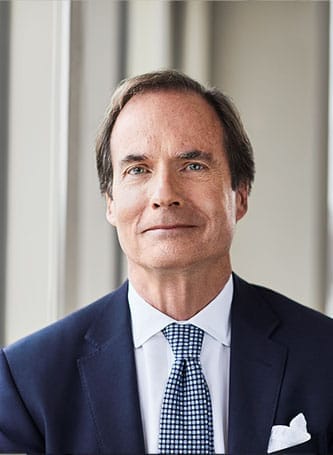I recently participated in a panel discussion for a mediation course at a local law school. A well-known full time mediator and a U.S. federal magistrate judge who regularly conducts mediations in the federal court were with me. A highly engaged class of law students asked us to address a range of practical questions on the mediation process.
Here I’ll discuss one of the most fascinating topics we covered: As counsel, what is your strategy for the first plenary session? Mediators use this first meeting of the day for a variety of purposes, including for instance, to give counsel and the party representatives the opportunity to introduce themselves, to explain the options for joint and private meetings with the mediator throughout the day, to get agreement on the ground rules (e.g., confidentiality), to see if the parties share a common understanding of the history of settlement negotiations (if any) — and to give the parties the chance to explain their respective positions on the disputed matter.
Lawyers are well advised to consider the options for the most effective presentation of its client’s position at this moment. Practices vary, but all of the panel members observed that it is common for counsel give an opening statement, not unlike one that they may present at a bench trial. This approach can be useful if it appears that the opposing party needs to hear the factual and legal strengths of your case – or if the mediator suggests that it might be useful to her. The mediator on our panel said that he often finds such statement helpful in understanding the areas of dispute. Of course, often the opposing party and the mediators are already intimately familiar with your client’s case and this approach may waste an opportunity to pursue other objectives. An early debate of the merits may also inflame the passions of the litigants and create a poor atmosphere for negotiation. For this reason, the judge on our panel said that it is her practice to discourage the use of opening statements.
Many practitioners thus do avoid using the first plenary session as an opportunity to debate the merits of the case. They may acknowledge that each understands the strengths and weaknesses of the other’s position and that, absent a settlement and after further expense and aggravation, the judge or jury will decide who has the better argument. Counsel and her client may also affirm that they are approaching the day in good faith to explore whether a mutually acceptable resolution exists. The high road approach can be effective in a case that is charged with emotion and resentment. It is difficult to achieve an acceptable resolution in any mediation where the parties are unable to view the dispute with a measure of dispassionate objectivity. Of course, there is a risk of appearing weak if the merits of the case are avoided altogether.
Finally, do not fail to consider using the plenary session as an opportunity for your client to address the opposing party eye-to-eye. For instance, the plaintiff in a personal injury or employment discrimination case may take advantage of the event as a rare opportunity to tell her story to the claims adjuster or other decision-maker representing a defendant. I have seen this approach succeed in a high stakes commercial contract dispute, where my client’s CEO looked across the table to his counterpart and brilliantly framed the dispute as a business problem. If you have confidence in your client’s ability to articulate his perspective on the dispute, this strategy may advance your desired outcome better than a lawyer’s debate or a sincere statement of good faith.
In conclusion, advocates should not feel constrained to follow familiar courtroom procedures in the first plenary session of a mediation. The most effective approach for introducing a party’s case will be dictated by careful consideration of the nature of the dispute and the needs of the participants.
